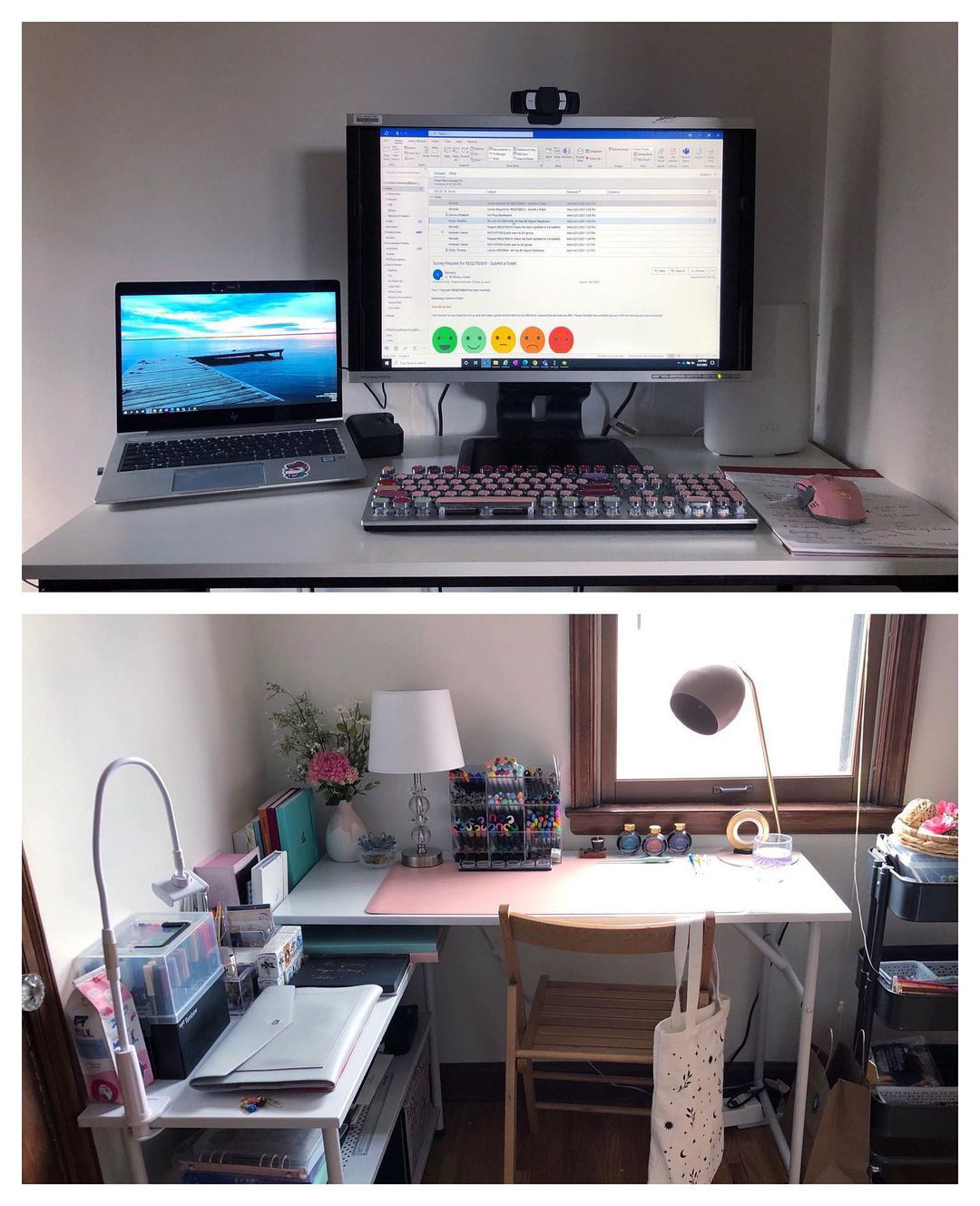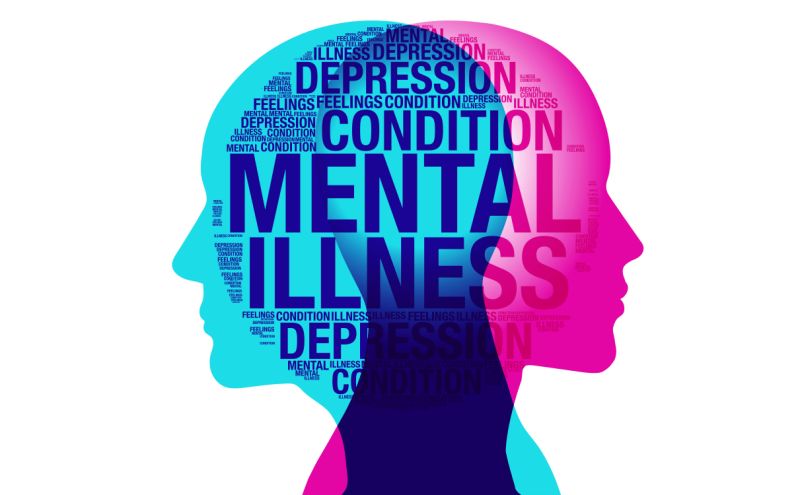There are many reasons to start a crafting hobby: to tackle a DIY home improvement project, develop a skill that you can use for years to come, or even to find an emotional outlet. Regardless of what type of crafting you enjoy, it’s possible to become so zoned in that you lose a few hours without realizing it. This shouldn’t be seen as a time-waster; instead, it’s actually reducing stress, anxiety, and improving your mental health.
When some people think of DIY projects and crafting, they see a list of steps, supplies, and needs to be met. On the other hand, some people see a time of relaxation and self-fulfillment with an opportunity to learn something new. Regardless of which group you fall closer to you may be unaware of the mental health benefits crafting has. Here’s a breakdown of a few ways starting a DIY project can improve your mental health.

Crafting Keeps Your Brain Healthy
It may not seem like this general pastime has an effect on your wellbeing at first, but crafting and working on DIY projects can actually lead to brain development and reduced health risks. Crafting uses both your left and right brain, bringing together analytical thinking and creativity. Regularly engaging in these activities is like doing mind puzzles and brain teasers that keep your cognitive abilities sharp.
Just like older individuals are encouraged to continue their crossword or Solitaire hobbies to help reduce the risk of memory loss, keeping up with a crafting habit can help work against conditions that can affect you in later years. This is especially true with crafts that involve working with your hands, like knitting, crochet, and pottery, since the focus involved shows an increase in blood flow, steady breathing, and mental stability. Having a habit that you enjoy that regularly activates your brain improves your focus, memory, and mental clarity throughout the aging process.
It Also Reduces Stress and Anxiety
While trying to thread a needle or get a paint shade “just right” can seem like a stressful task, your crafting hobby is actually more than likely reducing your stress and anxiety. It’s important to note that whatever form of crafting you pick up should bring you a sense of fulfillment and enjoyment – if it actively increases your stress and anxiety, it’s a counterproductive task.
Mental health professionals suggest having a fulfilling hobby to help maintain good mental health. Stress can lead to health conditions ranging from fatigue and insomnia to heart disease and memory loss. Developing a plan to tackle stressful situations and emotions is important to combat future ailments. Even regularly using an adult coloring book that has complex and intricate designs can help you work through stress. These kinds of coloring books help to soften your inner dialogue and anxiety about other tasks you need to complete; your focus remains on the task in front of you, even steadying your breathing and heart rate which are contributing factors to anxiety and panic attacks.
You’re Building Self-Esteem and Motivation
Once you’ve found an area of crafting that you can grow in, you’re more than likely to see an increase in your self-esteem and inner motivation. Successful projects build personal encouragement and give you physical evidence of a purpose. With the ability to showcase your talent, whether to friends and family or just to yourself in your crafting space, you develop a drive to further create and learn.
Just like having your art displayed made you proud when you were a kid, having your crafting and DIY projects on display make you just as self-assured in later years. Because it’s a method that generally pushes boundaries and teaches you new mediums and tricks, when you enjoy crafting, you’re able to allow yourself unrestricted growth. Occasionally, people keep themselves from starting something new or developing a new skill because they’re worried about failure. If you regularly craft, your fear of failure is generally reduced because you’re used to trying new things and creating something from scratch. You begin with a general outcome, change paths along the way, and end up enjoying the end result anyway because it’s something you created.

Other Focus and Emotional Conditions are Improved
People that craft have said they feel like they’re “locked on” or entranced while they work, seemingly on auto-pilot while they create. This is contributed to the cooperative function of your thoughts working on the same area your hands are moving. These activities aid brain health and keep your cognitive ability sharp throughout aging. You’re less likely to have early memory loss or concentration problems if you regularly engage in a focus-heavy task.
The same effects that help focus are also what contributes to emotional stability. Mental health professionals suggest having a hobby that provides an outlet for inner thoughts and emotions. This is to help facilitate an area where a person can feel comfortable expressing themselves through a medium they’re comfortable with. The end product not only becomes something they’re proud of, but it showcases their feelings as a healthy coping mechanism. It becomes a physical reminder that they can work through their circumstances in a similar way, tackling difficulties and challenges through steady work and practice.
Conclusion
Craft and art therapy are regularly used by mental health care professionals to help their clients develop an emotional outlet and find ways to reduce stress, anxiety, depression, and other conditions. Adding a regular hobby to your routine can not only help you learn new skills and put a project out for display, but it can also contribute to your mental and physical well-being.
Crafting doesn’t have to become a money-making side hustle that turns into another part-time job. In fact, this takes away from the stress-relieving aspect of the craft and creates another potential pressure point in your routine. When looking to add a relaxing hobby to your schedule, crafting is an area that builds confidence, increases focus, and overall improves your mental health.

